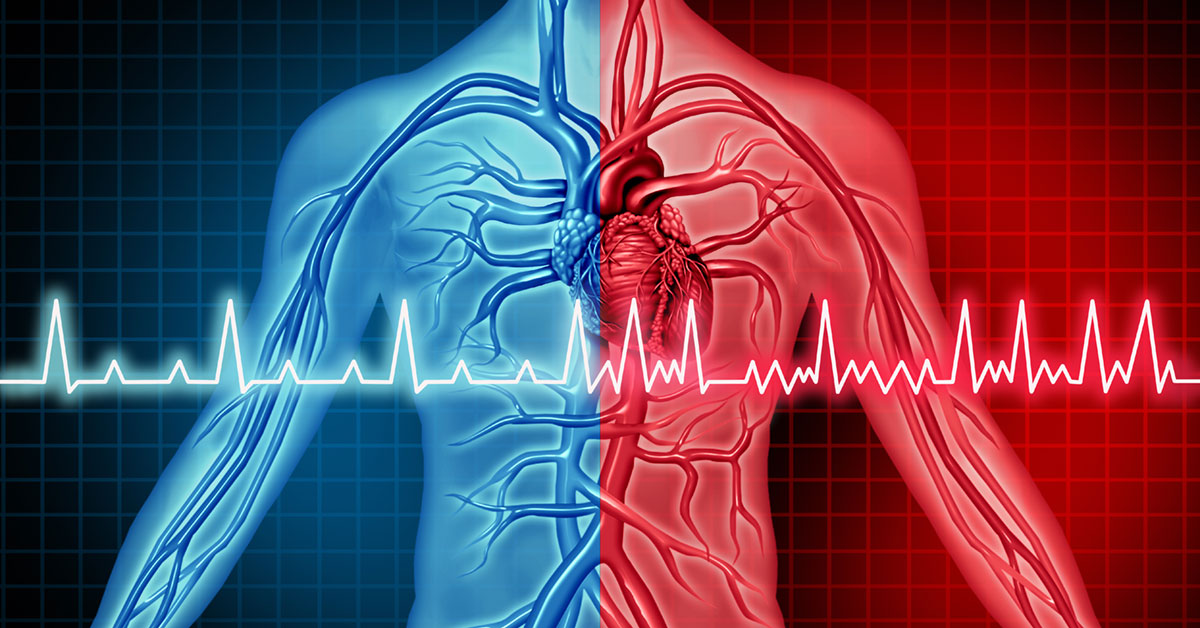Common Causes of Arrhythmia

Every heartbeat is controlled by the heart’s electrical system. The sinus node in the heart’s electrical system sends a signal that causes the muscle to contract starting with the atria and moving to the ventricles. Sometimes, the electrical system creates an irregular pattern called an arrhythmia. Arrhythmias can include heartbeats that are too fast (tachycardia), too slow (bradycardia), or erratic.
The term arrhythmia covers many different conditions with a wide range of severity. Although some conditions can be treated and lead to a life with few limitations, others are fatal if not treated immediately. Because of the wide range and severity of arrhythmias, accurate diagnosis is crucial to receiving the best treatment.
What causes arrhythmia?
There are several common causes of arrhythmias.
- Viral illness – Many viral illnesses, such as colds, flus, and COVID-19, can trigger myocarditis (inflammation of the heart muscle) and arrhythmia.
- Electrical abnormalities in the heart – Sometimes structural defects in the heart, including congenital issues and damage from an accident or heart attack, cause an abnormal heartbeat.
- OTC medicines – Many cough, cold, and allergy medicines can contribute to arrhythmias and may need to be avoided by those with a diagnosed arrhythmia or risk factors.
- Drugs – Illegal drugs like cocaine and methamphetamines can cause the heart to beat too fast or irregularly.
- Alcohol – Over time, alcohol can damage cells within the heart by creating fibrous structures that can interfere with electrical impulses. Heavy drinking and binge drinking are also risk factors for some serious and potentially fatal arrhythmias.
At OHH’s Heart Rhythm Institute, we specialize in diagnosing and treating all types of arrhythmias. Treatment options can range from routine monitoring for any changes in a arrhythmia to ablation procedures or implantable cardiac devices for more severe arrythmias.
If you are experiencing symptoms of an abnormal heartbeat, such as palpitations, fatigue, and dizziness, contact Oklahoma Heart Hospital make an appointment today.
